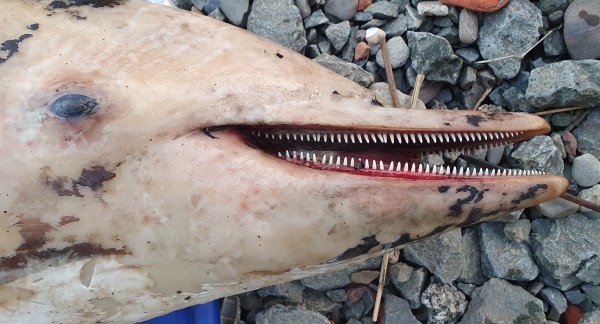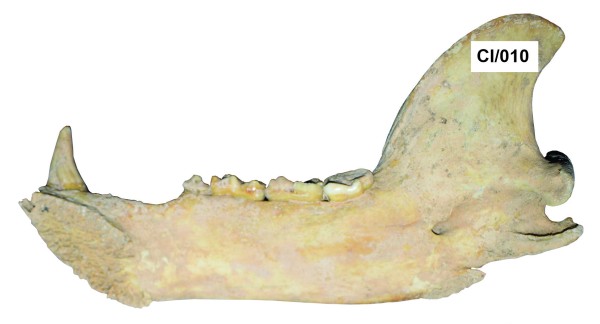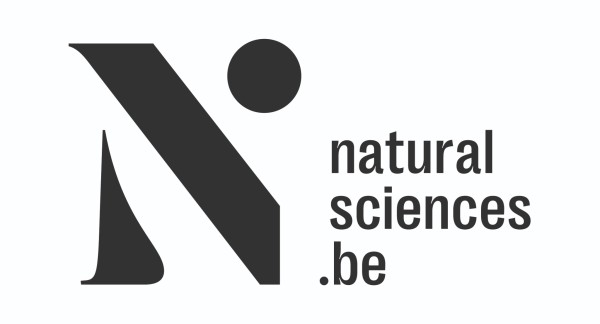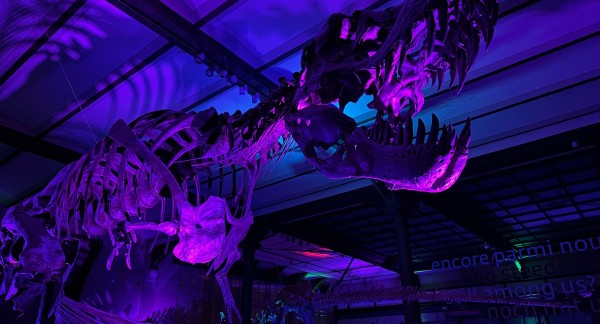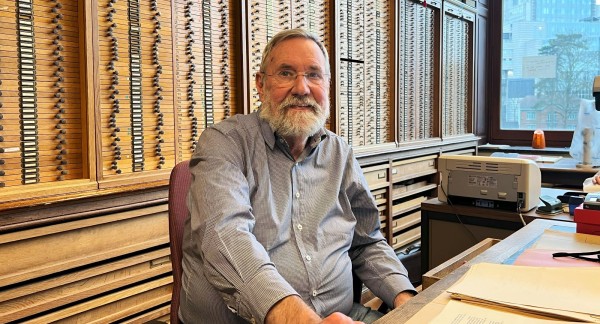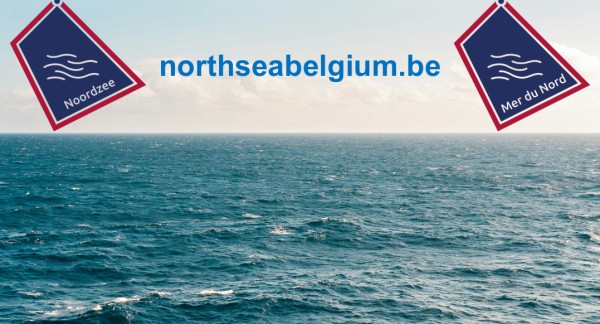News
Marine Strategy for a sustainable and resilient North Sea
26/03/2025
The updated Belgian Marine Strategy has been published. The document provides a thorough assessment of the state of the marine environment in the Belgian North Sea.
Dolphin surfaces in the Scheldt, but does not survive
17/03/2025
A common dolphin that washed ashore in Burcht on March 7th appeared to have been filmed alive in Hamme on January 31st.
A medieval bear with lead poisoning: the earliest evidence of metal pollution
11/03/2025
Researchers have demonstrated that a thousand-year-old brown bear suffered from lead poisoning. This discovery represents the earliest evidence of human-caused heavy metal pollution affecting a wild animal.
International Women's Day 2025
08/03/2025
On 8 March 2025, the Institute of Natural Sciences wishes to celebrate women, diversity and equity!
Harbour porpoises avoid shipping
22/02/2025
A combined analysis of aerial observations of marine mammals and shipping data shows that harbour porpoises avoid areas with heavy shipping traffic.
Nocturnes 2025
20/02/2025
The Institute of Natural Sciences opens its doors for the Brussels Museums' Nocturnes. We are expecting you on Thursday 24 April from 6pm onwards! Visit our wondrous exhibits and discover an array of exciting activities curated exclusively for this evening.
First living fin whale in Belgian waters
18/02/2025
On the 17th of February 2025, a fin whale was spotted at the C-Power wind farm in Belgian waters. This is the first confirmed sighting, backed by images, of a live individual of this species in Belgium in recent times.
A rare species of fossil crab named in honor of one of our volunteers
13/02/2025
Paleontologists have named a new species of 85-million-year-old fossil crab, found in the Houthalen coal mine, after volunteer Patrick De Saegher. He has been digitizing historical documents for the Institute for twelve years.
Homo naledi fossils show they probably weren’t long-distance runners
13/02/2025
northseabelgium.be bundles news about Belgian North Sea policy
23/01/2025
Anyone who is concerned with the sustainable management of the Belgian part of the North Sea or wants to stay informed about the North Sea policy can now visit northseabelgium.be.

